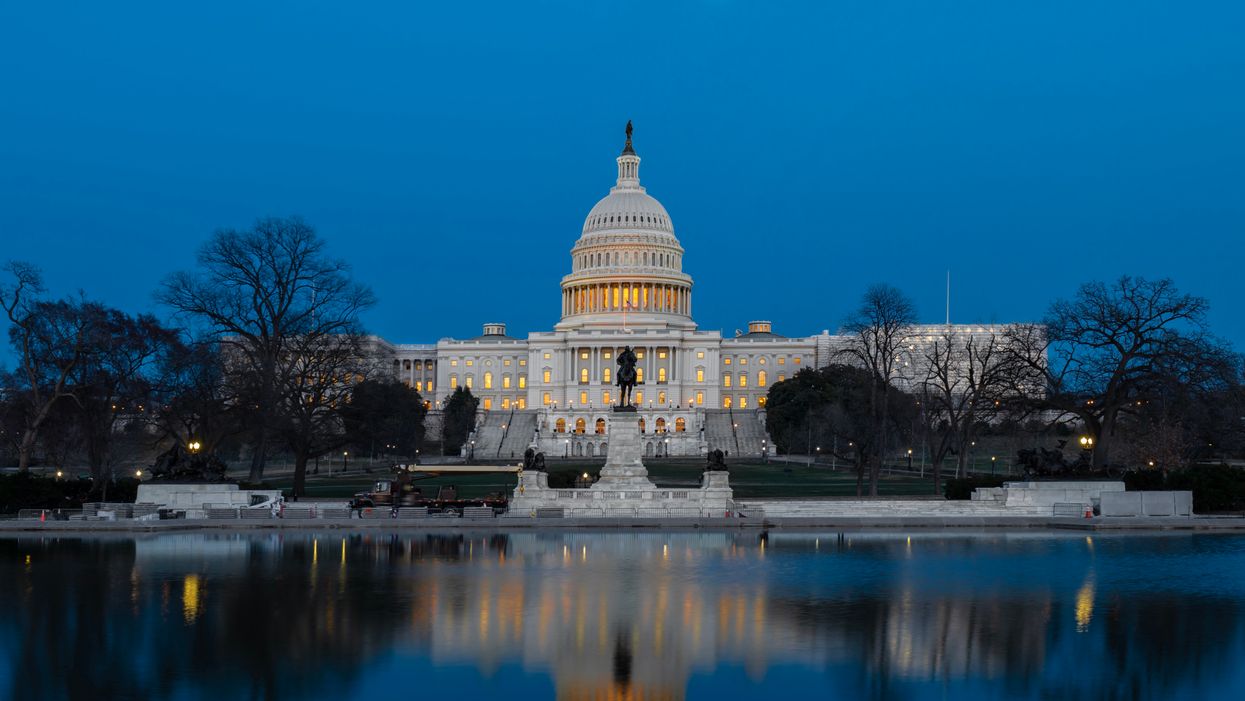Nine out of 10 House members don't agree on much, but they do agree it's past time to make an array of modernizing changes to the place they work.
So the vote was 395-13 on Tuesday to implement 29 unanimous recommendations from a special bipartisan committee, with six members from each party, who worked on the package for almost a year.
Their work is designed to bring the technology, purchasing, travel, and human resources practices into the 21st century, at least on half of Capitol Hill. The ultimate goal is to help strengthen legislative branch muscles that have long been atrophying, for an array of political reasons, in hopes that Congress can perform a bit better in balance-of-powers matchups that presidents of both parties have been routinely winning for decades.
"Trying to solve 21st century problems with 20th century technologies is a disservice to the American people who rightfully expect timely action from their representatives," Derek Kilmer of Washington, the committee's Democratic chairman, said during the brief debate.
There is broad agreement that an essential step in making democracy work better is making Congress more functional, and an essential part of that is returning much more cross-partisan collegiality to the place.
To that end, the House voted to expand the orientation for new members, starting with the class elected in November, to introduce courses where Republicans and Democrats would study together the House's rules, parliamentary procedures and best practices for decorum and mutual respect.
Other parts of the package developed by the Select Committee on the Modernization of Congress (as the panel is formally known) are designed to create more times and places on Capitol Hill where members from both sides can congregate. Such bipartisan socializing has almost disappeared in recent years, in part because of the pressure to spend so much time fundraising, even as there's a universal recognition that strong personal relationships are essential to policymaking collaboration.
Improving staff retention and increasing diversity, by making the House a better workplace, is also addressed in the package. While personnel policies are currently set by each of the 435 members, the House voted to create a human resources hub for all of them to use. And an Office of Diversity and Inclusion was formed to help committees and members recruit, hire, train, develop, advance, promote and retain more people who are not white men.
Hours after the vote, Speaker Nancy Pelosi named Kemba Hendrix, who runs a staff diversity program for the Democrats, to take on the job for the whole House.
The House vote took only a small step, however, toward addressing another major impediment to making Congress work better. The measure will pay for an outside firm to recommend whether the pay scale for aides should be increased along with the size of personal office and committee staffs. Salaries have not kept up with inflation in the past two decades, and staff rosters have shrunk as Congress has decided to apply more fiscal constraints to itself than to most federal agencies.
Low experience levels and high turnover, with the best talent heading to corporate or lobbying jobs, has been a consequence.
The House voted to extend the life of the committee through this year, and its members are mulling an array of additional ideas for improving the place's workplace culture and legislative clout.




















Trump & Hegseth gave Mark Kelly a huge 2028 gift